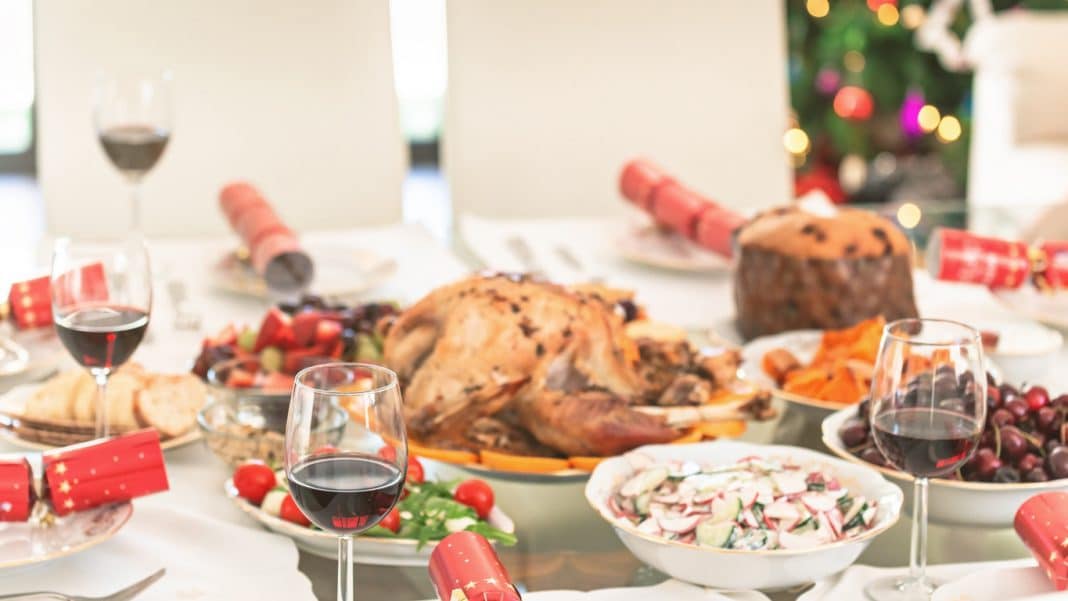This Christmas, why not tackle the mass family banquet with the digestive confidence of kings – allowing you to relish in the giant buffet, while minimising the chance of getting sick afterward from food that could have been better attended to.
An expert in parasitology from the Charles Sturt School of Agricultural, Environmental and Veterinary Sciences Professor Shokoofeh Shamsi outlines some simple dos and don’ts when it comes to preparing and displaying your Christmas feast.
An Australian Christmas is somewhat different from what many around the world are used to.
More often than not, Christmas is celebrated in hot and humid conditions with a selection of seafood and cooked meats that won’t necessarility last the distance on a summer day.
To ensure it is a fun affair and that you stay safe, there are some simple steps you can take to avoid uninvited pathogens ruining the day. The last thing you want is to spend the majority of your Christmas holiday in the bathroom.
Tip 1: Wash hands thoroughly
This may sound obvious, but the effect of washing your hands BEFORE ALL cooking is astronomical when it comes to ridding your hands of the germs of the day.
Tip 2: Make it well-done rather than rare
It might be time to become a ‘well-done’ person if you want to minimise the chance of unwanted parasites in your food. By cooking your barbeque items properly, the safer they become.
The parasite Toxoplasma gondii is commonly found in undercooked or raw meat which often houses it, or contaminated vegetables. This parasite is ranked by the World Health Organisation (WHO) as the fourth most potentially harmful parasite globally.
The temperature and duration to cook each type of food depend on the food item and its size. Australia’s Food Safety Information Council (of which I am a board member) provides regular and updated guidelines. For example, the Council recommends that food sits on a table, exposed, for no more than four hours at less than 60°C.
Tip 3: Know what you buy
Take an interest to know a little more about the food that ends up in your trolley. Purchasing from reliable traders and Australian-produced food is always a safer bet than an unknown option.
Tip 4: Keep it cool
When it comes to those to-die-for leftovers the next day, they still have a place in the Christmas tradition – just keep all leftovers in the fridge as soon as possible.
If you want to share left overs with your guests, make sure they bring ice-bricks so the food can be safely transported and placed in the fridge as soon as they get home.
Get all the latest Canberra news, sport, entertainment, lifestyle, competitions and more delivered straight to your inbox with the Canberra Daily Daily Newsletter. Sign up here.



